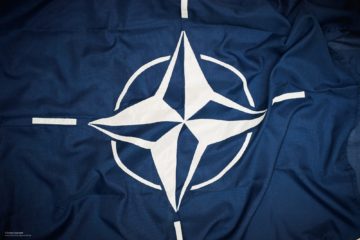
What International Relations theory can tell us about NATO’s ‘mort cérébrale’
In the prelude to the NATO summit in London commemorating the 70th anniversary of the founding of the alliance, discussions were overshadowed by a now-infamous Economist interview with French President Emmanuel Macron. In the interview, the French President claimed that NATO is experiencing a “brain death” – a ‘mort cérébrale’ resulting from a lack of institutional capacity to prevent, mitigate, or effectively respond to unilateral action from individual allies which could be disruptive to the alliance’s agenda. President Macron’s remarks precipitated a debate concerning NATO’s relevance (or irrelevance) in the post-Cold War international system, its (potentially failing) adaptation to new security and strategic circumstances, and the constraints imposed by NATO’s seeming lack of institutionalisation and ability to prevent unilateral action …









